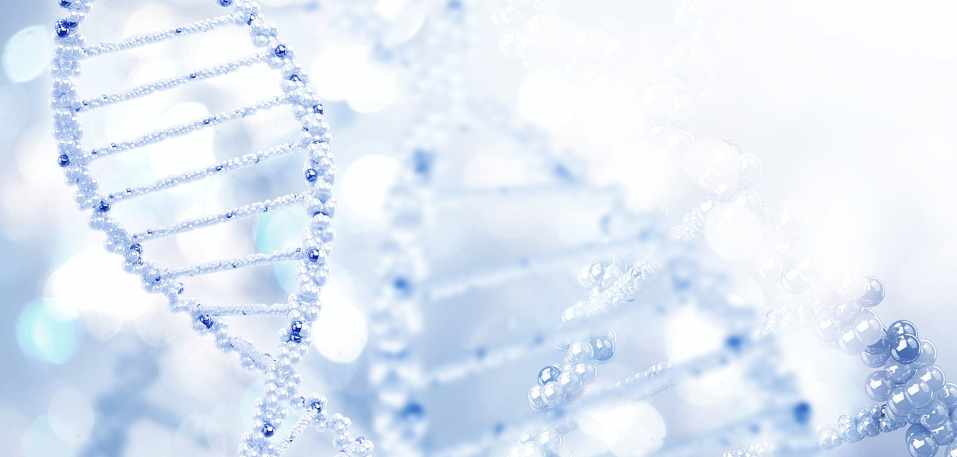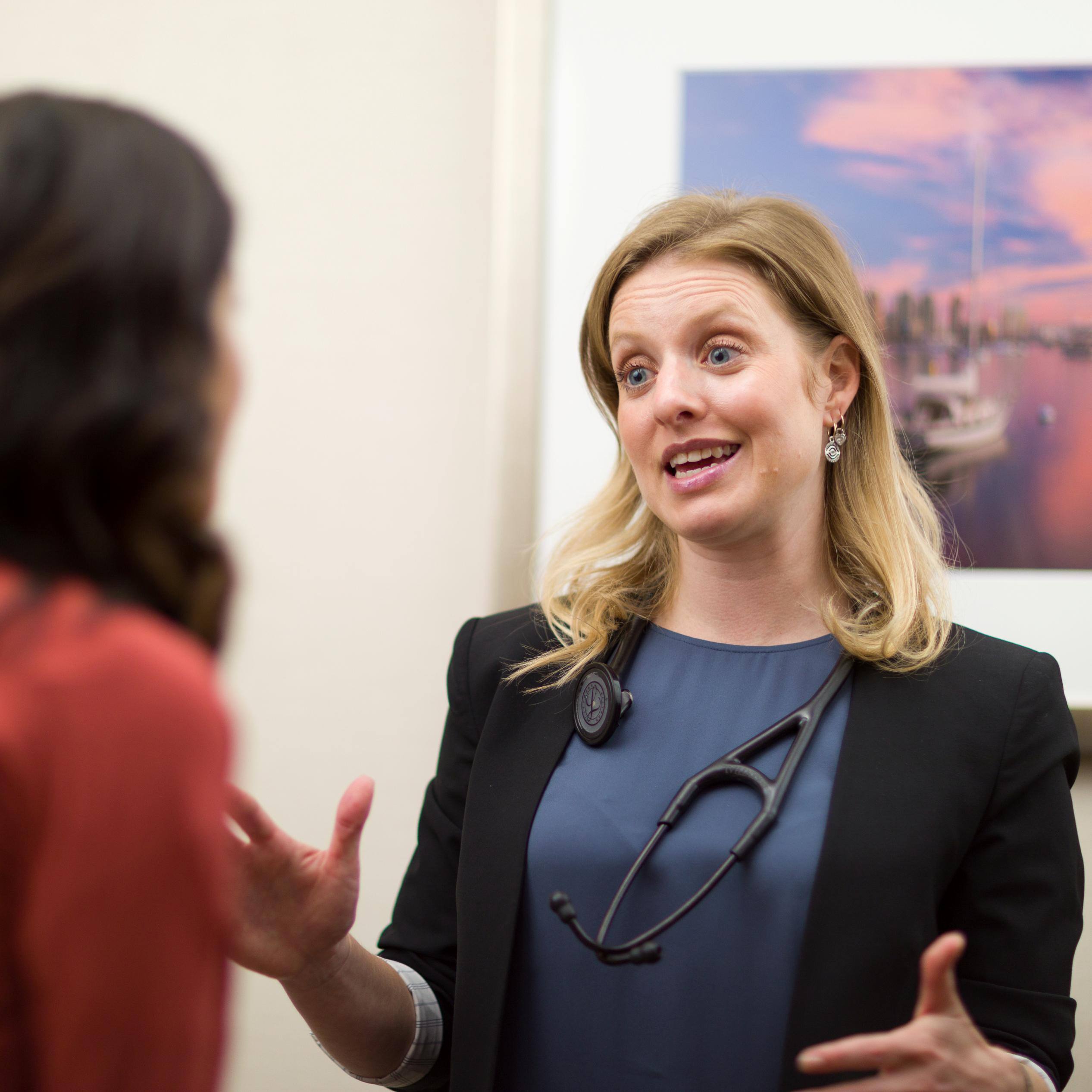-
Nanotechnology Lab Opens in Florida to Research, Apply Minute Materials to Cancer Care
 JACKSONVILLE, Fla. — With support from the state of Florida, Mayo Clinic’s Florida campus has opened a state-of-the-art laboratory for nanotechnology research, an emerging field of science that studies and applies materials that are the size of an atom.
JACKSONVILLE, Fla. — With support from the state of Florida, Mayo Clinic’s Florida campus has opened a state-of-the-art laboratory for nanotechnology research, an emerging field of science that studies and applies materials that are the size of an atom.
The laboratory is a key part of Mayo Clinic’s new Translational Nanomedicine Program. The goal is to develop, test and apply tiny materials in diagnosing and treating patients, particularly those with cancer.
Findings made in the lab will help expand and enhance cancer research, including clinical trials in the state of Florida, which has the second-highest cancer burden in the nation.
“Mayo Clinic is committed to investing in research to provide the latest in care for our patients,” says Gianrico Farrugia, M.D., CEO, Mayo Clinic in Florida. “This laboratory for nanotechnology research will ensure we continue to provide cutting-edge cancer therapy for Jacksonville, the state of Florida and the entire Southeastern U.S.”
Many materials change their properties at the atomic level, making nanoparticles potentially useful in delivering therapeutic drugs to cells and helping diagnose, treat, and monitor disease from within. One nanometer equals one billionth of a meter.
Potential uses for nanomedicine include:
- Injecting nanoparticles into tumors and heating them via magnetic fields, X-rays or light to destroy cancer cells using nanoparticles to deliver tiny amounts of chemotherapy drugs or gene therapies directly to cancer cells, thereby minimizing side effects on healthy tissues
- Developing new technologies to help in early detection of cancer and other diseases, and determining whether treatments were effective
Nanotechnology not only has potential applications for cancer, but also for cardiovascular disease, diabetes, and other immune disorders, including rheumatoid arthritis, asthma and allergic conditions.
The lab will be directed by Debabrata (Dev) Mukhopadhyay, Ph.D., a world-renowned scientist in cancer and nanotechnology. He was recruited to Mayo Clinic to open the lab with a $2 million grant from the state of Florida.
MEDIA CONTACT: Kevin Punsky, Mayo Clinic Public Affairs, 904-953-0746, email: punsky.kevin@mayo.edu
Journalists: Sound bites with Dr. Mukhopadhyay are available in the downloads.
Dr. Mukhopadhyay has a broad background in tumor microenvironment, nanomedicine and vascular biology. He has training and expertise in cancer, cardiovascular diseases, diabetes, and angiogenesis (the development of new blood vessels). He and his team of researchers help support ongoing National Institutes of Health (NIH) grants, and collaborate with others at national and international institutions. His laboratory will work to develop collaborations with Florida-based institutions, as well.
“We will be building a strong collaborative platform in translational nanomedicine, with multidisciplinary approaches to innovative patient care,” Mukhopadhyay says.
Nanotechnology is aimed at bringing new solutions to patients of Mayo Clinic’s Comprehensive Cancer Center, one of just two NIH-designated centers in Florida. The national center includes three locations – Mayo’s campuses in Jacksonville; Rochester, Minnesota; and Phoenix/Scottsdale, Arizona.
Mayo Clinic has invested more than $1.5 million in equipment for nanotechnology on the Florida campus, including:
- A chemical synthesis lab to synthesize new nanomaterials and engineer commercially available nanomaterials for biological and clinical use.
- An atomic force microscope to study the structure of materials at atomic levels and measure their stiffness to control their biological interaction and engineer them for a specific purpose.
- Near infrared Raman spectroscopy to observe molecular changes and probe biomolecular structures.
“Nanotechnology in medicine is going to have a major impact on patient care, with more effective and targeted therapy,” says Dr. Mukhopadhyay.
###
About Mayo Clinic
Mayo Clinic is a nonprofit organization committed to medical research and education, and providing expert, whole-person care to everyone who needs healing. For more information, visit http://www.mayoclinic.org/about-mayo-clinic or https://newsnetwork.mayoclinic.org/







